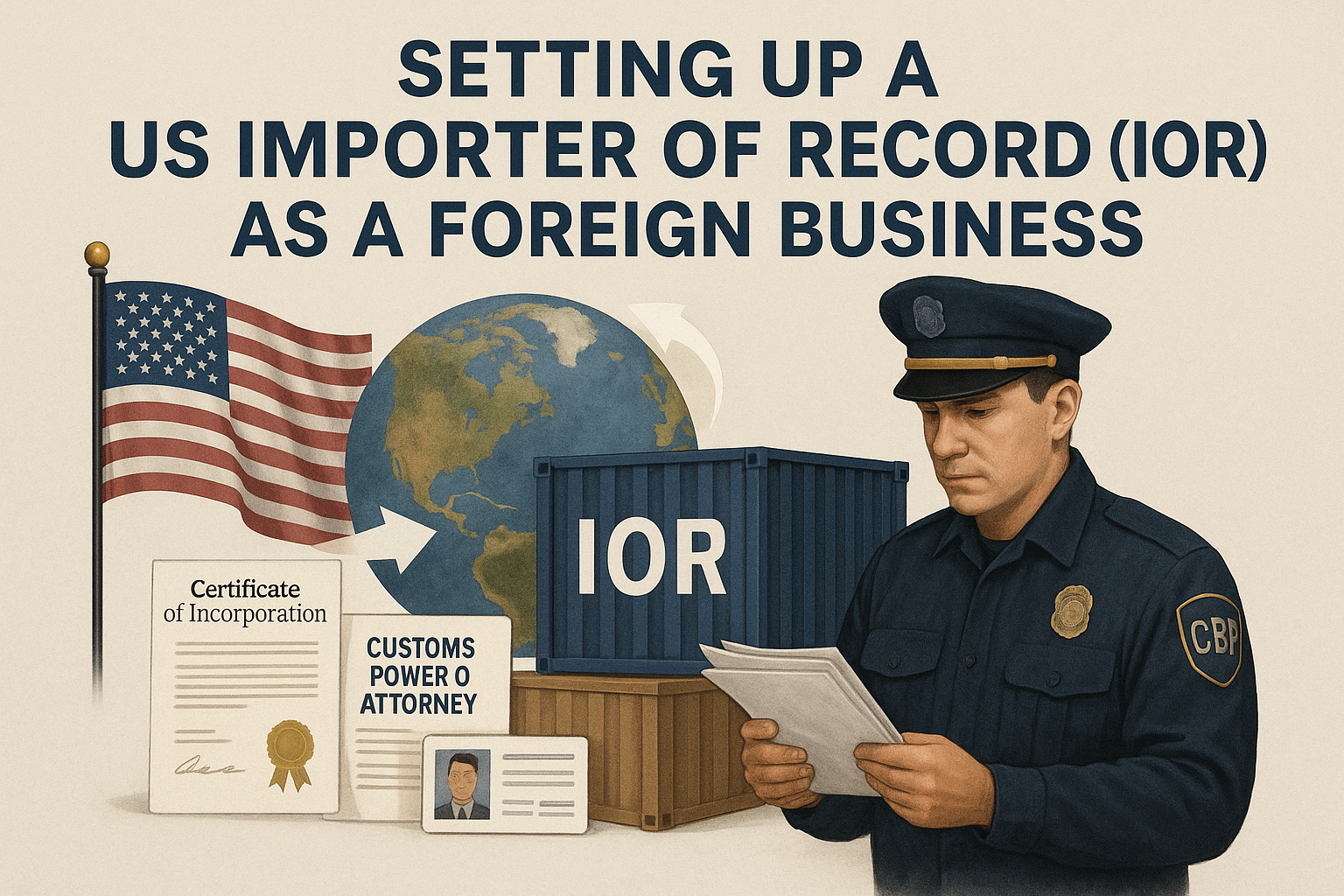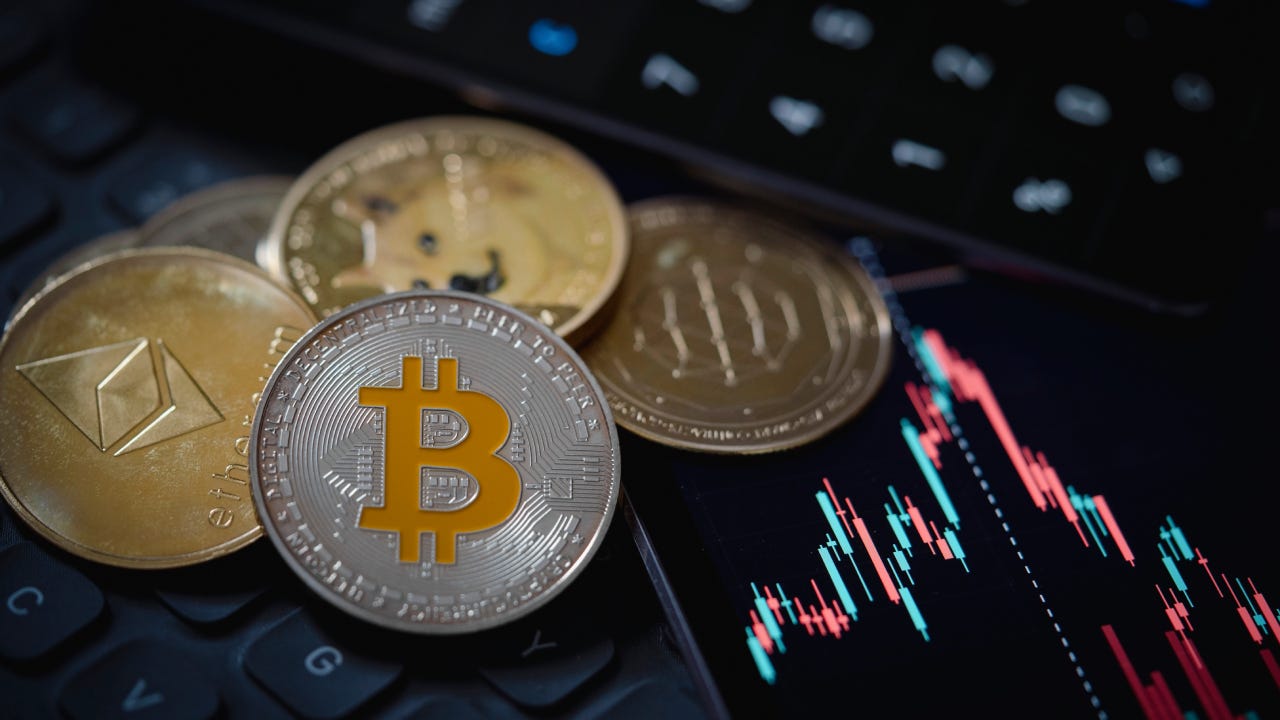Did you know that in some countries, you need a license to trade, while in others, you can do it in your pajamas without any oversight? Understanding the licensing requirements for day traders is crucial for both compliance and success. This article breaks down whether day traders need a license, the various types of licenses required for stock, forex, options, and futures trading, and the differences in regulations between casual and professional traders. We also explore the role of the SEC, the consequences of trading without a license, and how licensing varies by location. With insights from DayTradingBusiness, you'll learn how to navigate the complexities of licensing and ensure you're operating within the law.
Do day traders need a license to trade legally?
In most places, individual day traders don’t need a specific license to trade stocks or forex for personal accounts. However, if you manage client funds or operate as a trading firm, you might need licenses like the Series 7 or Series 63 in the U.S. and registration with financial authorities. For retail trading, no license is typically required, but you must follow brokerage rules and regulations.
What licenses are required for active day traders?
Active day traders typically need a Series 7 license to trade securities professionally, and often a Series 63 or 66 license for state registration. If trading on margin or offering investment advice, they may also need to register as a Registered Investment Adviser (RIA) and obtain a Series 65 license. Licenses depend on the trading activity, the assets traded, and the firm’s structure.
Are there different licensing rules for stock vs. forex day traders?
Yes, stock day traders often need to register with FINRA and may require specific licenses like the Series 7 or Series 63, while forex day traders typically don’t need licenses but must comply with regulations from bodies like the CFTC or NFA, depending on their broker.
Do day traders need a financial advisor license?
No, day traders don’t need a financial advisor license unless they offer financial advice or manage others’ money. They typically only need to register with the SEC or FINRA if they operate as a broker-dealer or investment advisor. For personal trading, no license is required.
What certifications can help day traders comply with regulations?

Day traders often need a Series 7 license and a Series 63 or 66 license to comply with SEC and FINRA regulations. If trading futures, a CFTC registration and passing the NFA Series 3 exam are required. For trading on margin or offering investment advice, additional licenses like the Series 65 or 66 may be necessary. These certifications ensure legal compliance and demonstrate professional qualification.
Are licensing requirements different for professional and casual day traders?
Yes, professional traders often need licenses like the Series 7 and Series 63, while casual or part-time day traders usually don't require formal licensing.
How does the SEC regulate day trading licenses?
The SEC doesn't require specific licenses for day traders. Instead, individuals engaging in pattern day trading must maintain a minimum of $25,000 in their trading account and follow FINRA rules. If traders use margin, they need to meet margin requirements set by FINRA and the broker. No separate licensing process exists for day trading itself.
Do traders need a license to trade options or futures?
Yes, traders need a license to trade options or futures. In the U.S., they must pass specific exams like the Series 7 and Series 63 through FINRA to become registered. Futures trading requires registration with the Commodity Futures Trading Commission (CFTC) and passing the Series 3 exam. These licenses ensure traders meet regulatory standards for handling complex derivatives.
What are the legal consequences of trading without a license?
Trading without a license can lead to fines, legal penalties, and suspension of trading privileges. In some jurisdictions, it’s considered unauthorized financial activity, risking civil or criminal charges. Regulators may impose hefty fines, and individuals could face lawsuits or criminal prosecution for operating illegally.
How do licensing requirements vary by country or state?
Licensing requirements for day traders vary widely. In the U.S., traders need to follow SEC and FINRA regulations, often requiring a Series 7 or Series 63 license if they operate as registered representatives. Some states have additional licensing rules for securities professionals. Outside the U.S., licensing depends on local financial authorities—Europe's MiFID regulations, Canada's IIROC, or Australia's ASIC standards—each with distinct rules. Individual traders typically don’t need licenses unless they’re registered firms or advisors.
Are there specific licenses for day trading in cryptocurrencies?

No, most countries don’t require specific licenses for day trading cryptocurrencies. However, you often need to register with the trading platform, comply with anti-money laundering (AML) and know-your-customer (KYC) regulations, and report gains for tax purposes. Some jurisdictions may impose licensing or registration if you’re operating as a professional trading firm or financial advisor.
What agencies oversee licensing for day traders?
In the U.S., the Financial Industry Regulatory Authority (FINRA) oversees licensing for day traders who execute securities trades. The Securities and Exchange Commission (SEC) regulates trading activities and enforces federal securities laws. If you’re trading futures or commodities, the National Futures Association (NFA) and the Commodity Futures Trading Commission (CFTC) oversee licensing and compliance.
How do I obtain the necessary licenses for day trading?

You need to register as a trader with the SEC if you're trading stocks regularly and meet certain criteria. For individual traders, obtaining a Series 7 license through passing the Financial Industry Regulatory Authority (FINRA) exam is common if you work for a brokerage. If you're trading on your own account, licensing isn’t mandatory, but registering as a sole proprietor or forming an LLC can help with legal protections. Check state regulations for additional licenses. If you’re trading commodities or futures, you'll need to register with the CFTC and pass the relevant exams like the Series 3.
Are there ongoing licensing or registration obligations for day traders?
Yes, in the U.S., day traders must register with FINRA and may need to obtain a Series 7 license if they manage clients or operate as a broker. If trading on margin or offering investment advice, additional licenses like the Series 63 or Series 65 may be required. No special licensing is needed just for individual day trading, but regulatory compliance and reporting obligations apply.
Can I trade professionally without a license?
No, you cannot trade professionally without a license if you want to operate as a registered broker or investment advisor. However, individual day traders who trade their own money generally don’t need a license, but they must follow SEC and FINRA rules, especially if using margin or engaging in certain types of securities trading.
Conclusion about Are there licensing requirements for day traders?
In summary, while casual day traders often do not require a formal license, professional traders must navigate a complex landscape of regulations that can differ by asset class and jurisdiction. Obtaining the right licenses, such as those for trading stocks, forex, options, or cryptocurrencies, is crucial to ensure compliance and avoid legal repercussions. For those looking to deepen their understanding of these requirements and stay informed about industry standards, resources from DayTradingBusiness can provide valuable insights and guidance.
Sources:
- Conservation and management of ornamental coral reef wildlife ...
- The price discovery role of day traders in futures market: Evidence ...
- Gambling and online trading: emerging risks of real-time stock and ...
- How Trade Can Help Speed Asia's Economic Recovery
- Day Trading for a Living? by Fernando Chague, Rodrigo De-Losso ...
- fun and games - investment gamification and implications for capital ...